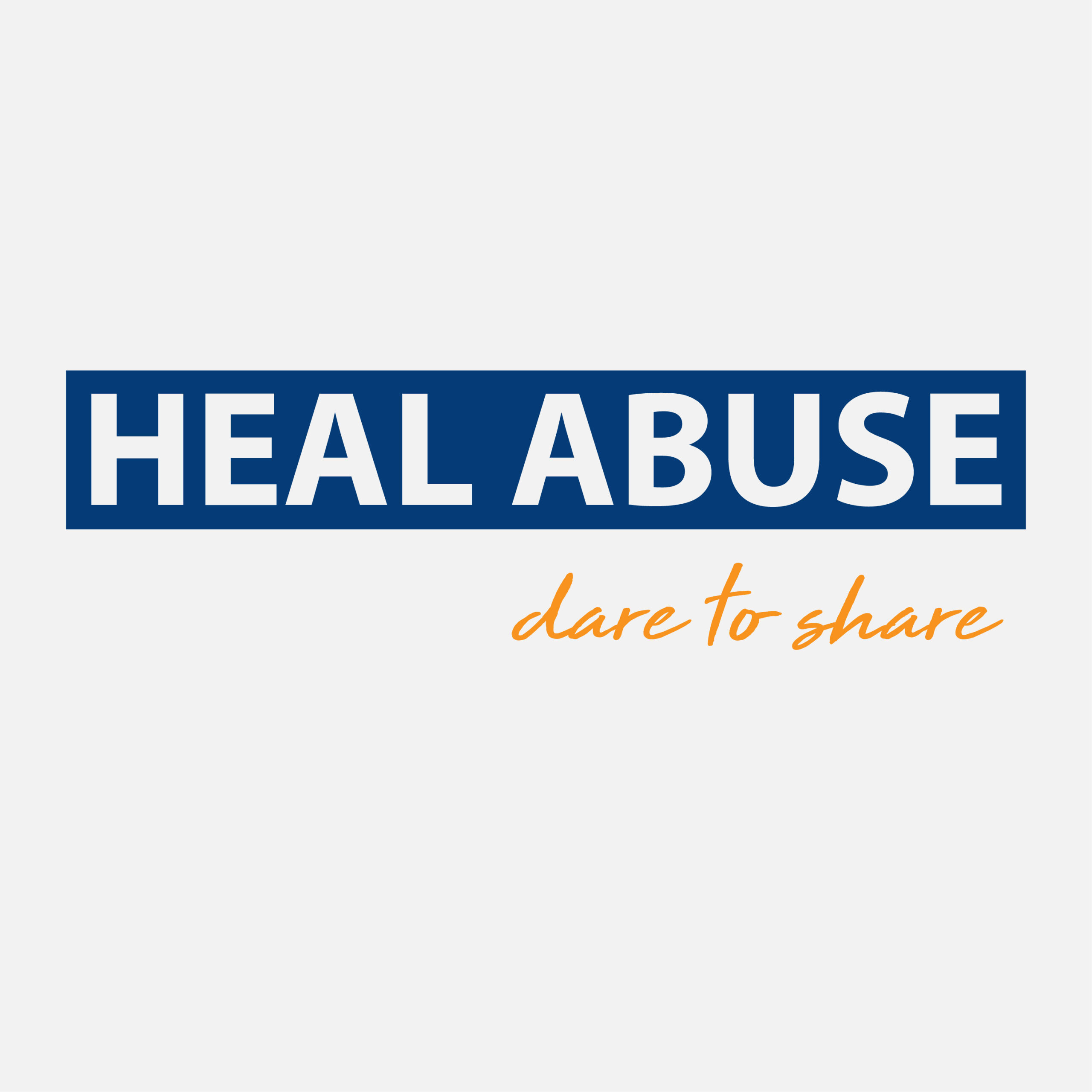Unmasking Covert Narcissism, Spotting the Silent Manipulator


Written by admin
Covert narcissists, often overshadowed by their grandiose counterparts, represent a subtle yet equally destructive form of narcissism. Unlike the overt narcissists who thrive on attention and admiration, covert narcissists are harder to recognize due to their introverted and often self-victimized presentation. This comprehensive article delves into the world of covert narcissism, highlighting key characteristics, behaviors, and strategies for healing and protecting oneself.

What is Covert Narcissism?
Covert narcissism is characterized by a deep sense of entitlement and self-importance, similar to overt narcissism, but manifests differently. These individuals often appear anxious, socially awkward, and display a range of negative moods from irritability and hostility to sadness and depression. Despite lacking overt charisma, covert narcissists possess an underlying arrogance, frequently sharing tales of their unrecognized talents and the myriad injustices they’ve faced.
Key Characteristics:
- Self-Victimization: Covert narcissists excel in portraying themselves as the victims of circumstances and the actions of others. This victim stance is not merely for show; they deeply believe in their own narratives of suffering and injustice. This belief system allows them to justify their behaviors and to demand excessive attention and validation from those around them, perpetuating a cycle of manipulation and dependence.
- Need for Validation: Although they may not seek the spotlight with the intensity of their grandiose counterparts, covert narcissists have an insatiable need for validation and recognition. They often lament about their unrecognized potential and talents, seeking sympathy and admiration for their supposed sacrifices. This quest for acknowledgment serves as their primary method of validating their inflated sense of self-worth.
- Passive Aggressiveness: Instead of overt confrontations, covert narcissists use passive-aggressive tactics to express their displeasure and envy. This can include backhanded compliments, silent treatments, and subtle sabotage, which allows them to deny any malicious intent while causing distress to others. This behavior is particularly damaging as it often leaves the victims questioning their own perceptions and feelings.
- Manipulation: Covert narcissists are masters of manipulation, using emotional blackmail, guilt-tripping, and gaslighting to control and diminish the self-esteem of their victims. They are adept at playing the martyr or the benevolent figure, all while strategically manipulating situations to their advantage.
- Chronic Dissatisfaction: Their life is a series of complaints and grievances, never truly satisfied with anything or anyone. This dissatisfaction is rooted in their deep envy of others’ successes and happiness, which they perceive as underserved. Their negativity is infectious, often leading to a toxic environment for those closest to them.
- Fantasies of Grandeur: Despite their outward appearance of modesty or self-deprecation, covert narcissists harbor fantasies of grandeur, believing themselves deserving of great recognition and success. These fantasies are a critical component of their narcissistic supply, fueling their sense of superiority over others.

I want you to know that all the survivors I interviewed were intelligent people. Many of them were aware of psychological concepts. Some are in the mental healthcare field themselves. They are tender and have a tremendous amount of empathy. Many of them are also highly intuitive and aware of toxic behavior. They pick up when something is off with others. These are not naïve people. You can be super smart, as well as highly aware, and still be fooled by a CN.
”
–Debbie Mirza

The Impact of Covert Narcissism
Covert narcissists leave a trail of emotional destruction, often more insidiously than their overt counterparts. Their manipulation and passive-aggressive behavior can deeply affect their relationships with friends, family, and colleagues, leading to a toxic environment. They are particularly adept at isolating their victims, making it difficult for those affected to seek help and support.
Behavioural Manifestations:
- Toxic Friendships and Relationships: They often criticize and undermine those around them who show independence, happiness, or success.
- Workplace Issues: Covert narcissists may fake injuries, exaggerate illnesses, or threaten legal action to avoid responsibility and garner attention.
- Online Behavior: Engaging in trolling and bullying to feel superior and mitigate their own insecurities.
Healing and Protection Strategies:
Recognizing and understanding covert narcissism is the first step towards healing and protecting oneself from its detrimental effects. Here are some strategies to consider:
Identifying Signs and Patterns:
- Awareness is crucial. Recognizing the nuanced behaviors of covert narcissism, such as their tendency to oscillate between self-deprecation and superiority, can be enlightening. Understanding these patterns enables individuals to detach emotionally from the narcissist’s manipulations and to approach interactions with a clear perspective.
Setting Boundaries:
- Strong boundaries are the foundation of self-protection. It is important to communicate these boundaries assertively and to reinforce them consistently. Covert narcissists will test these limits; thus, maintaining them requires resilience and a commitment to one’s own mental health.
Seeking Support:
- Isolation is a common tactic used by narcissists. Reaching out for support not only breaks this isolation but also reinforces the reality of the situation, countering the gaslighting effect. Support networks can provide validation, advice, and the emotional strength needed to navigate the challenges of dealing with a narcissist.
Focusing on Self-Care:
- Self-care acts as a counterbalance to the energy-draining effects of dealing with a covert narcissist. Activities that foster a sense of accomplishment, joy, and relaxation are essential. Engaging in creative outlets, exercise, and spiritual practices can help rebuild the inner strength and self-esteem that narcissistic abuse often erodes.
Moving Forward:
- Recognizing the improbability of change in a narcissist is a crucial step towards healing. This realization can be painful but is necessary for prioritizing one’s own well-being and future happiness. Detachment, whether emotional or physical, becomes a vital part of this process.
These questions encourage open dialogue and provide insight into the person’s character, values, and ability to engage in healthy, reciprocal relationships. Pay attention not only to the content of the answers but also to the tone, body language, and what is not being said, as these can also be revealing.
If you have any good tips on questions to ask or red flags in dating to beware of, please share them in the comments, so others can benefit form them.
Grandiose vs. Covert Narcissism: A Comparative Analysis
Aspect |
Grandiose Narcissism |
Covert Narcissism |
| Attention Seeking | Craves constant admiration and spotlight | Prefers subtler forms of attention and validation |
| Self-Perception | Displays overt self-importance and arrogance | Suffers from feelings of inadequacy but still possesses a strong sense of entitlement |
| Interpersonal Behavior | Domineering, aggressive, and blatantly manipulative | Passive-aggressive, self-victimizing, and subtly manipulative |
| Emotional Expression | Often outwardly confident and unemotional | Prone to displays of anxiety, depression, and vulnerability |
| Reaction to Criticism | Responds with anger and disdain | Likely to internalize while outwardly showing resentment |
| Sense of Entitlement | Explicit and demanding | Entitled but expresses it through grievances about being overlooked or mistreated |
| Manipulation Tactics | Direct and obvious | Indirect and covert, often involving guilt-tripping or playing the victim |
| Recognition and Admiration | Seeks open and public admiration | Desires recognition and sympathy for their perceived hardships and unacknowledged talents |
Covert narcissism, though less overt, poses just as much harm as its grandiose counterpart, making it essential to grasp the subtleties of both types to navigate and mitigate their impact effectively. By understanding their foundational similarities in self-importance and entitlement, alongside their distinct manifestations and effects on relationships, one can identify and address narcissistic behaviors more adeptly. Recognizing the signs, establishing boundaries, and prioritizing your well-being are crucial steps in shielding yourself from their detrimental effects and nurturing healthier interpersonal dynamics. Remember, you possess the strength and entitlement to cultivate a life that’s both positive and free from manipulation and abuse, fostering relationships that are genuinely supportive and enriching.
Related Articles
Related

Narcissists’ Spying and Stalking Tactics
by admin | May 28, 2024 | Uncategorized | 0 Comments
Narcissists' Spying and Stalking TacticsIn the shadowy world of narcissistic abuse, one sinister tactic often employed by narcissists is spying and stalking. These manipulative individuals are not just interested in keeping tabs on you; they aim to control, blackmail, and ultimately destroy your...
The Dangers of Victim Blaming: Are You Contributing?
by admin | Mar 27, 2024 | PREVENTION, Stopping-Victim Blaming, The Victim/Survivor, Witness Family Friend | 0 Comments
Abuse, rape and sexual harassment is not the victims/survivors fault. While it’s good to take responsibility for ones life situation, choices and actions, it should not be put on the victim to be responsible for the abusers actions. The fact that you have been or are being abused is not your...
Top 100 traits of abusers
by admin | Mar 26, 2024 | ABUSE, The Abuser / Personality Disorders, Types of Abuse | 0 Comments
Top 100 Traits of Abusers Every relationship between an abuser and a victim is as unique as the DNA of the people involved. Nevertheless, there are some common behaviour patterns. The list below contains descriptions of some of the more common traits of people who suffer from personality...
10 Red Flags in Dating, How to Spot a Narcissist Early
by admin | Mar 26, 2024 | Early Warnings Signs, PREVENTION | 0 Comments
Everyone should know how to spot a narcissist, before going on a first date. Knowing what to look out for on those first dates can save you from years of misery with a pathological narcissist. One or two red flags might not mean anything, but if you see many of them, please be on guard, as you may...
Uncover the disturbing global Fixation with Virgins
by admin | Mar 20, 2024 | Equality, Sexual Abuse, Stopping-Victim Blaming | 0 Comments
The holy virgin Frighteningly, many men around the world, through thousands of years are perversely drawn to female virgins. This is a trend that unfortunately continues today. Take the Catholic Church, for example, where saints are named priests / bishops / popes / religious / missionaries /...
Various forms of verbal & psychological abuse
by admin | Mar 15, 2024 | ABUSE, Is my Relationship Abusive?, Types of Abuse | 0 Comments
Emotional, verbal, mental and psychological abuse is just as harmful as physical violence, sometimes much worse. Sure, I had heard of physical abuse, and that you have to leave at the first hit. But unfortunately I, like most people, was totally ignorant about emotional/verbal abuse. When my...
How to safely leave an abusive relationship
by admin | Mar 2, 2024 | ABUSE, Leaving safely | 0 Comments
Leaving an abusive relationship can be quite difficult. Victims of abuse often do not realize that they are being abused or they are led to believe that they are the cause of their own abuse. Once you realize that you are being abused and you are ready to leave, you should do so quickly and...
Feminism, Sexism and Rape Culture
by admin | May 19, 2022 | ABUSE, Equality, PREVENTION, Sexual Abuse | 0 Comments
Join "Dare to Share" our community!Informative and Inspiring Texts about Sexual Harrassments, Feminism, Gender Violence Issues, Rape Culture and Feminism....for both Men and Women. These are extremely important issues that effect us all and that we need to start getting informed about and that we...
Music about abuse
by admin | Apr 10, 2022 | ABUSE | 0 Comments
Music was born before mankind to guide us through life. Music, what a great way to share a message, a feeling and an experience. Finding the right song (or songs) at a crucial time in your life can help you get in touch with and clarify your feelings, it can help you put words on how you feel and...